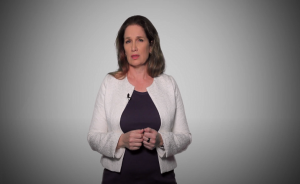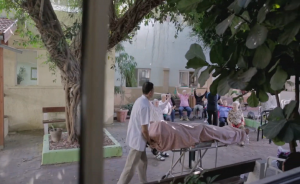Goals:
To promote digital literacy among older adults in an effort to help them age actively while improving their abilities for functioning physically, socially, and economically.
The Need
Many studies point to the positive impact of internet-connected computer proficiency on the mental and physical health of those aged 65+. Using a connected computer creates a sense of independence, strengthens self-image and capability, and contributes to overall wellbeing. However, despite the many benefits of connecting to the digital world and alongside the transition of public and business services online, some half a million senior citizens have a low level of digital literacy. This affects the health of senior citizens, complicates financial management, puts many supportive services and enriching activities out of reach, and in many cases intensifies feelings of loneliness and depression.
Target Population
The program is aimed at those aged 60 and over, who are either digitally illiterate or who have only the most basic computer skills. It targets the self-employed, senior citizens with disabilities who are dependent on public services such as clubs and daycare centers, and those confined to their homes.
Activities
- Developing a method for teaching technology to senior citizens based on current research in the fields of andragogy (adult learning) and geragogy (teaching theory for older people)
- Training and capacity building for organizations, instructors, and volunteers who are interested in developing digital platforms for older adults
- Identifying the future needs of the target population to ensure the continuity of the program





